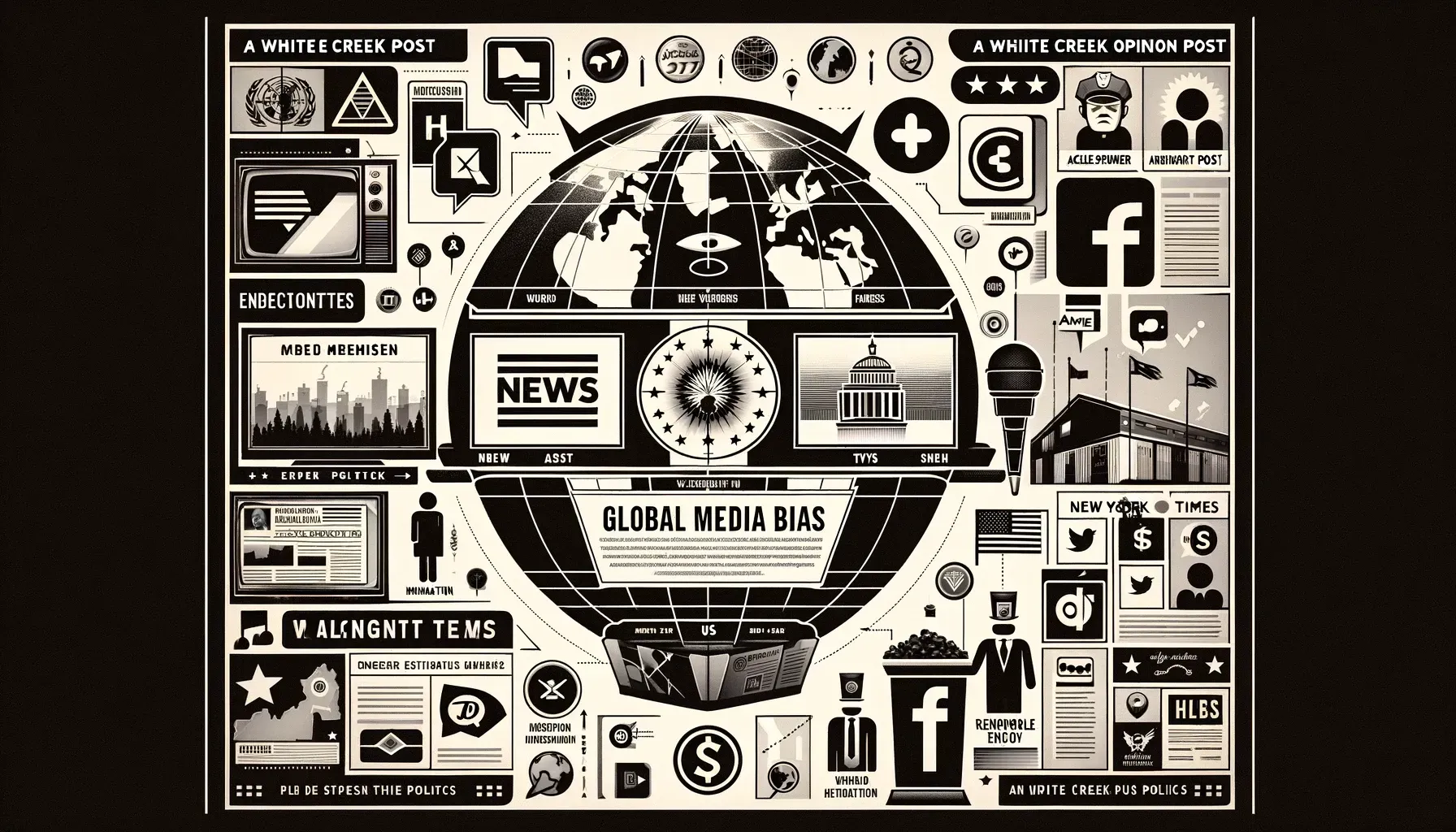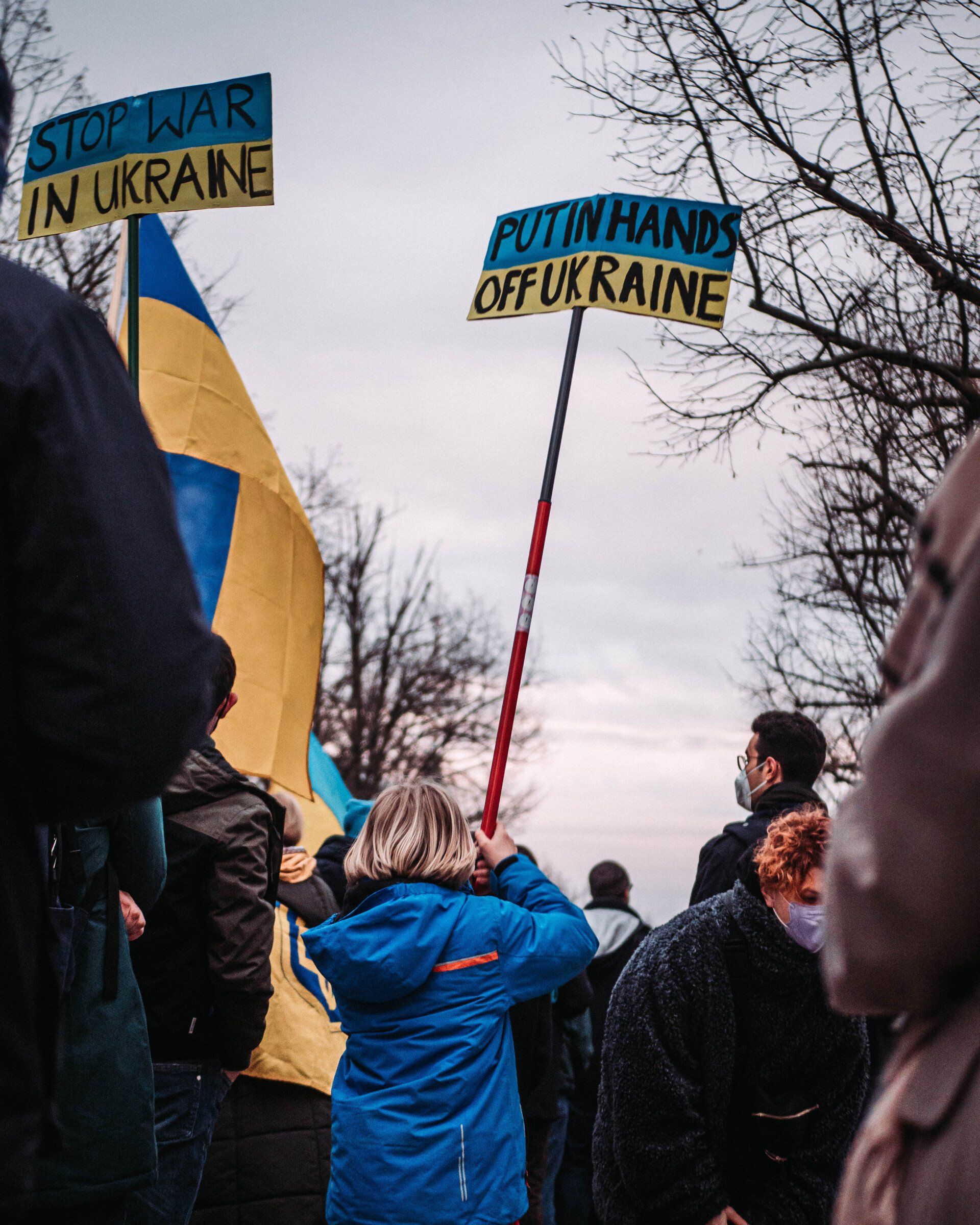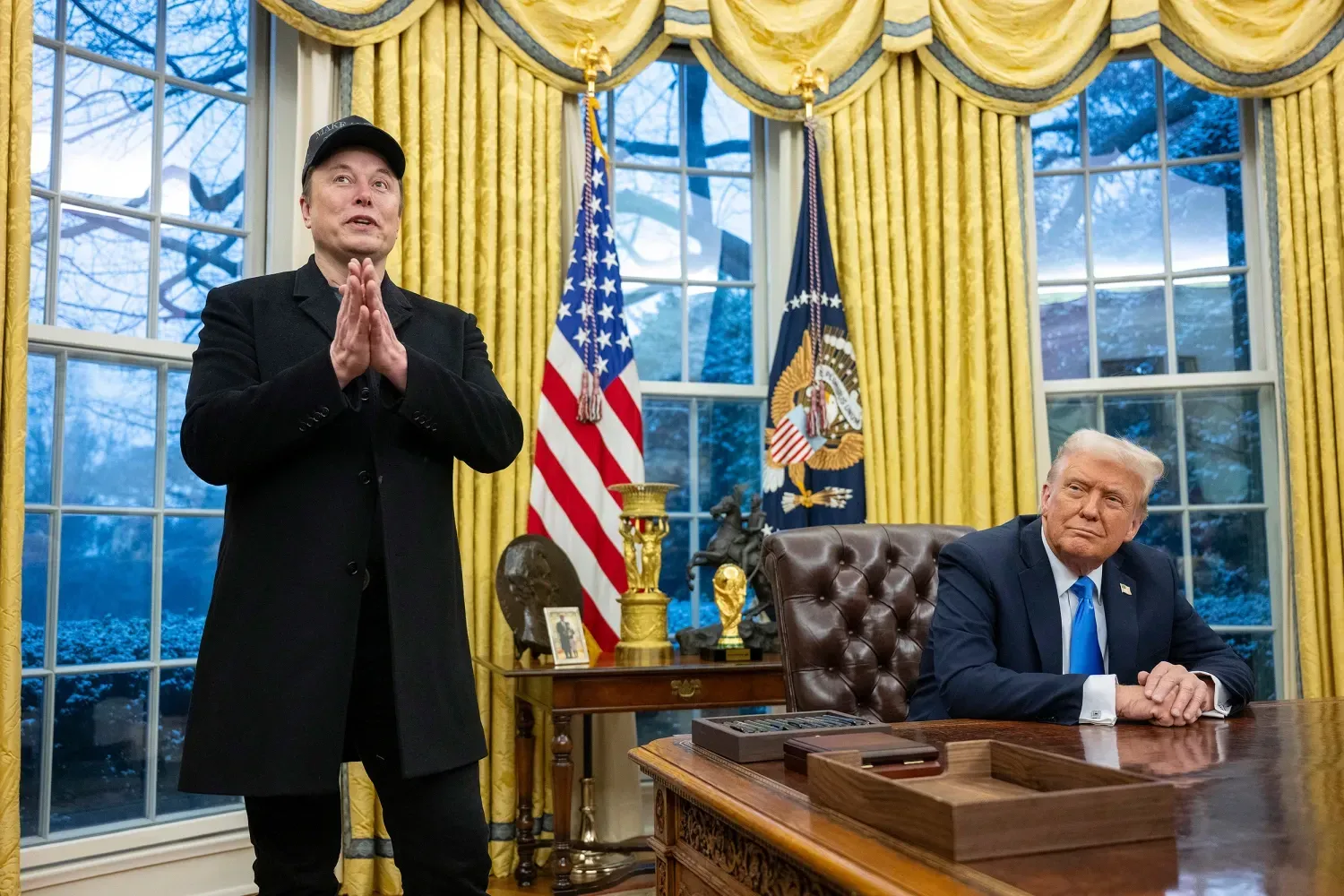Geopolitical Focus- November, 2024 # 2
The Absence of Global Leadership and Its Impact on World Politics
In the absence of a global leader, the hegemon strikes with military force, while financial investment leaders wait in the wings—reminiscent of the 1990s after the Russian collapse. Now that the U.S.—not so much Biden as the war hawks, whoever they might be—has officially allowed Ukraine to use long range missiles , coupled with a pointed Russian response , and a rudderless Europe echoing the same rhetoric, the conflict has reached new heights. Perhaps the war hawks aim to escalate the conflict to a World War III scenario, hoping it will last a few years or at least result in a last-ditch effort to reclaim some territories for Ukraine. What they fail to calculate is that the U.S. is losing influence globally—from Israel to its biggest adversaries. Just look at the latest G-20 summit , where Biden stands behind leaders of third-world countries. His administration appears to be faltering, and after a brief address, he seemed to retreat into obscurity.
One of the most vocal proponents of the war in Ukraine, Friedrich Merz, a German contender for Chancellor to replace Scholz, has a history that raises questions. During his time out of government, he was associated with BlackRock—yes, that BlackRock.
"He was definitely a good chairman of the supervisory board of our local legal entity, BlackRock Asset Management Deutschland AG, and a valuable advisor to the management," said BlackRock CEO Dirk Schmitz. Merz's contributions focused mainly on strategic discussions about business expansion in Germany and public appearances where he shared insights on geopolitical and economic developments. Notably, Merz did not facilitate mandates for asset management.
Since Merz's return to politics in 2020, BlackRock has, for the first time, openly commented on his controversial supervisory board role. Schmitz clarified that there is no longer close contact between the asset manager and Merz. "Since then, we have no more points of contact—everyone has to decide for themselves who they vote for," said Schmitz.
Interpret the Ukraine war however you choose, but it is not about democracy or Western values. At one point, it was labeled colonialism. Consider the Ukraine investment coordination , the land ownership , and the impact of war . Is this about democracy, or is it something else entirely?
Europe will be the biggest loser. At some point, people must understand that Russia's aggression stems from years of Western meddling, influence, and interference in elections. For more on foreign influence, read this report . Compare that with the extent of U.S. military presence worldwide (including Finland and Sweden), and consider whether the use of influence through words, or what some call diplomacy , might be a better strategy.
Russia and China are leveraging globalization to expand their influence. Scholars like Daniel Treisman and Sergei Guriev describe a new breed of authoritarian rulers: "spin dictators," who prefer manipulation over brute force (with Putin being a notable exception). These leaders seek endorsements to validate their competence, build information networks, and manipulate social media effectively. By financing think tanks and co-opting Western elites, they shape their image and control the narrative around their leadership.
Imagine if the resources spent on hypersonic missiles and military escalation were instead directed toward poverty alleviation and fostering global peace. Yet, societies remain fixated on replicating the empires of old—Ottoman, Roman, Habsburg—with new killing methods. For perspectives from Russia, read this opinion piece , or consider Zelenskyy's peace plan —though little has truly changed. Despite reports to the contrary, people are still dying . In the end, as with most wars, no one truly wins.
Israel and Gaza, no more Hamas and Hezbollah you think, but missiles are still flying. So, what is a solution for the entire region, with thousands of years of history and interpretations, and a failed U.S. policy that fueled the enemies for life , rather than de-escalating? Another situation has gone completely wrong for the Biden administration. No ceasefire, no significant hostage releases beyond symbolic gestures, and missiles and bombs are still flying? A ceasefire, really ?
Is Europe following Trump, electing leaders focused on real issues rather than creating new ones? Is Europe becoming fascist? With Socialist/Green/Woke leaders running most European countries, fueling the war between Russia and Ukraine, and failing to assist with the Middle East crisis that originated in 1948 with the British, you'd think this 1960-80s generation of peace lovers would do everything to stop military conflicts. Instead, their focus remains on opposing right-wing fascists (also called Trumpsters), rather than fostering a strong economy and stable relations. Now they complain about right-wingers like Meloni in Italy and label all non-compliant politicians with the woke agenda – similar to Biden’s approach. This might sell more advertisements, but it doesn’t solve real problems. Bulgaria and Britain could be next. The rest of Europe may need to align with the Trump agenda. Here are some thoughts on what we tend to forget: Ukraine pays with lives while Biden focuses on keeping the economy rolling.
The United States is used to renting a land army. That’s how U.S. military power works. It’s a lend-lease approach to war. In World War II, we sent the Studebakers and the Jeeps and the radios and the Spam, and the Soviets sent 27 million people to die in defeating Hitler’s land army. In the Pacific theater, we sent Chiang Kai-shek some planes and weapons, and he provided the soldiers. And he lost at least 13 million. So we rented the Soviet land army in one theater and the Chinese land army in another theater, and we sent materiel and finances, and we won in both theaters as a result. But who are we going to rent now? Who’s available to rent?
Yes, in the first Gulf War, we used superior technology. That keeps casualties low, even in a land war, which is usually very deadly for soldiers and civilians. But that degree of technological superiority is gone now, vis-à-vis China, in too many ways.
If entire societies depend on energy – not just for cars but everything – then ensuring an uninterrupted electricity supply should take precedence over concerns about coastal flooding 100 years from now. One could argue that in 100 years, we may no longer need electricity, as someone innovative may invent something that doesn’t require finite resources. However, current solutions still depend on materials extracted from the Earth. Even a bicycle produces CO2, if only from the rider – but let’s not delve into that. Instead, politics tends to spend heavily on solving problems that may not even exist. Just look at the BAKU climate conference. It wasn’t a clear success, but there was plenty of sympathy. Solutions should involve maximizing wind and solar power where feasible and investing in public transportation in densely populated areas. As for Russia, often considered a third-world country, think again .
What immediately stands out is the global appeal of the event. The Russians are not outsiders here but part of the world community. They explain, in a friendly manner, how the former Tsarist Empire intends to achieve climate targets.
Russia’s ambitions are comparable to other nations. In an interview with Milena Milich, Special Representative for Climate and Sustainable Development of the Sakhalin region, Russia outlines its project in the far east. By 2025, the region aims to be climate-neutral – and by 2060, the entire country. Measures include energy efficiency programs, renewable energy initiatives, and waste reduction.
Group Picture with Xi : Where are the Western leaders? And what presents did they bring?
Mega port instead of old diesel trains
While largely unnoticed, Biden's Air Force One landed in Lima as Xi Jinping was welcomed with fanfare at the presidential palace. Biden's ten-ton armored limousine, "The Beast," seemed to interest reporters more than its passengers. Xi Jinping, the undisputed star of the summit, inaugurated a $1.3 billion state-of-the-art deep-sea port in record time, while the U.S. offered discarded diesel trains to revive a dilapidated railway line – more likely to end up as junk.
A Democratic recession , or the fight against autocracy , has led to hundreds of think tanks producing strategies, yet democratic leaders still rely on rhetoric rather than engaging in meaningful discussions. Tolerance and dialogue could replace position-based monologues, as history shows that divisive actions often lead to prolonged conflict.
The 2003 U.S. invasion of Iraq linked democracy promotion to forced regime change, undermining its global credibility. Later, the global financial crisis destabilized governments, including democracies, as systemic failures originated in the U.S., supposedly a model democracy.
Finally, if you have time, consider these topics: Southern Lebanon’s history , an opinion on Netanyahu’s policies , or the EU-China relations under Trump . Also, Russia-NATO tensions , or China’s military capabilities and global influence .

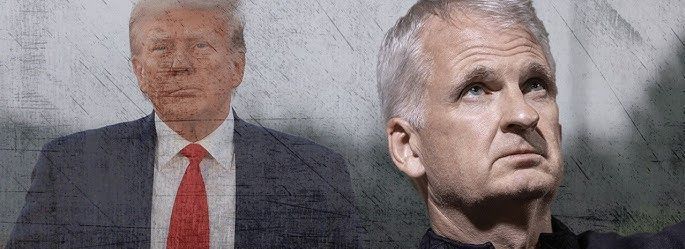
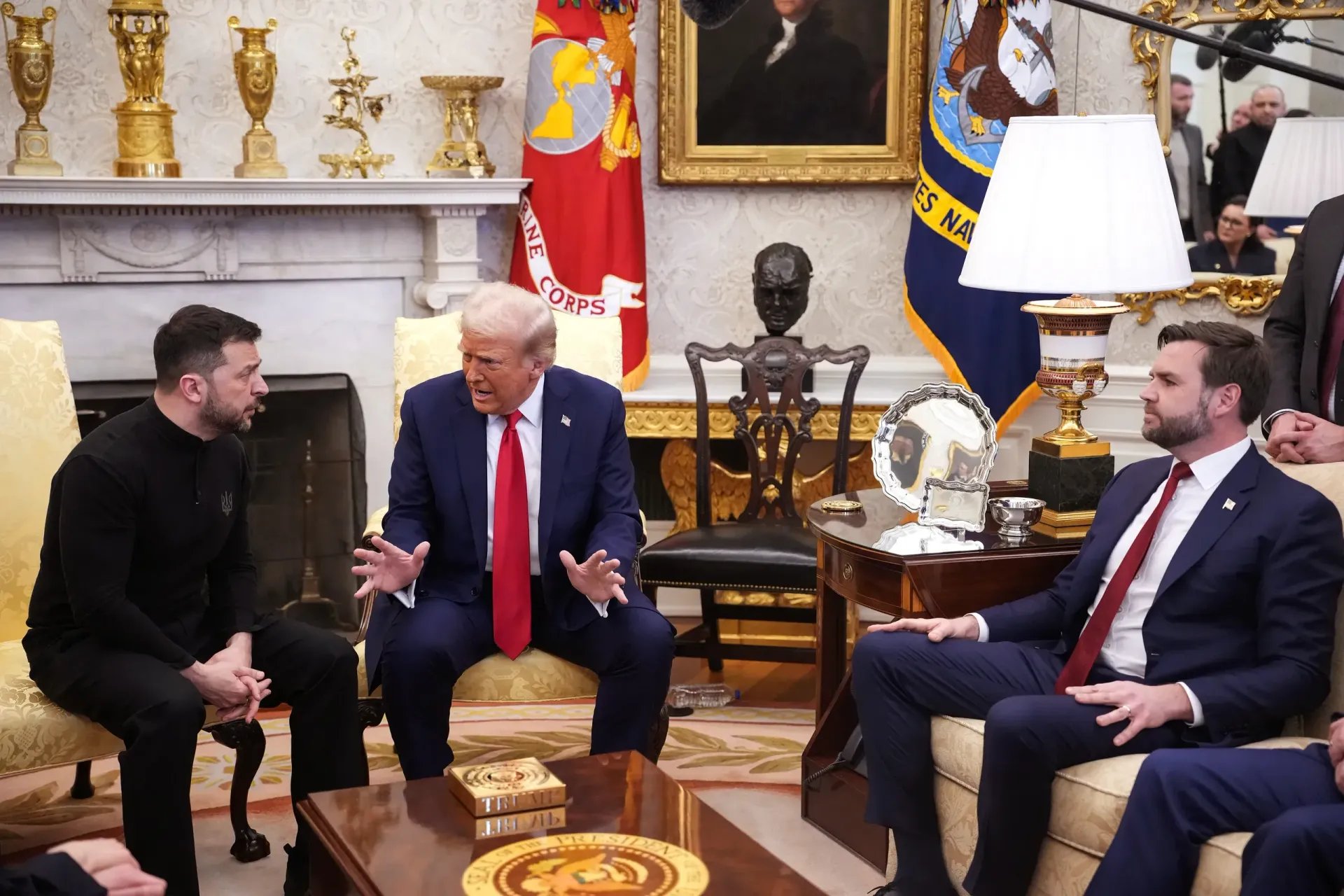
Sign Up For Our Newsletter
We will get back to you as soon as possible
Please try again later


